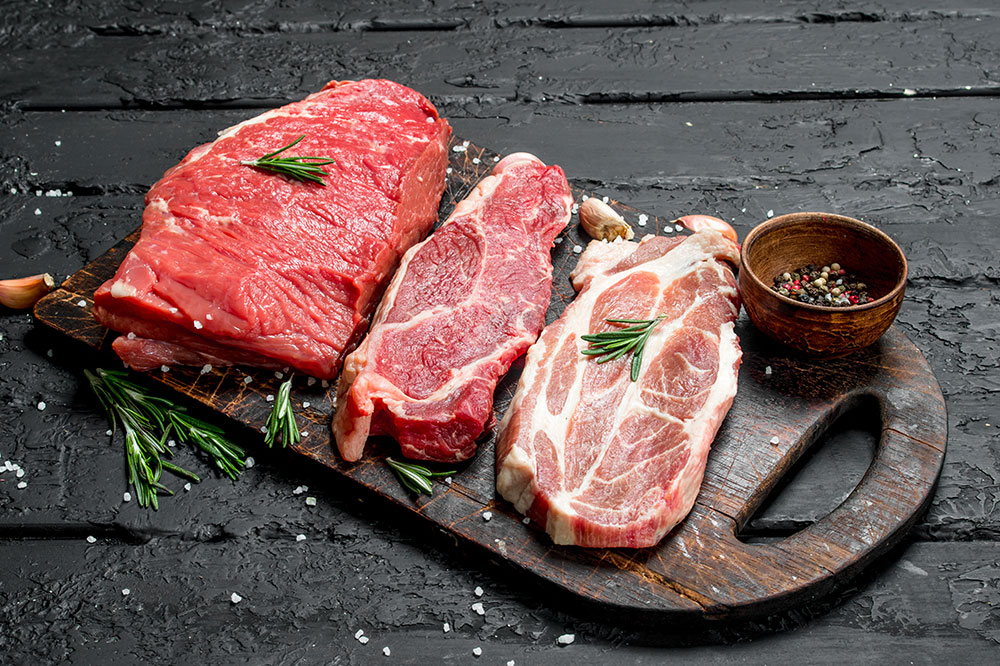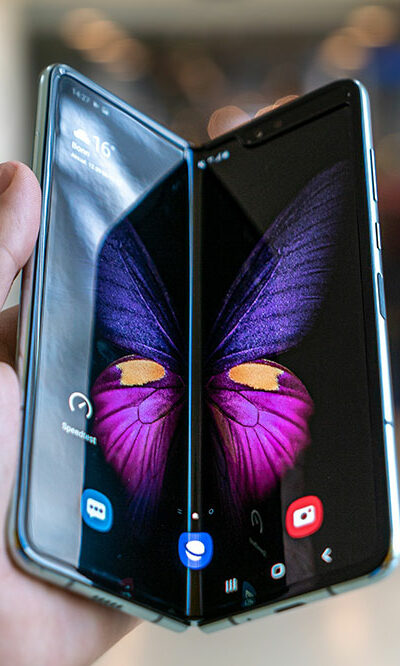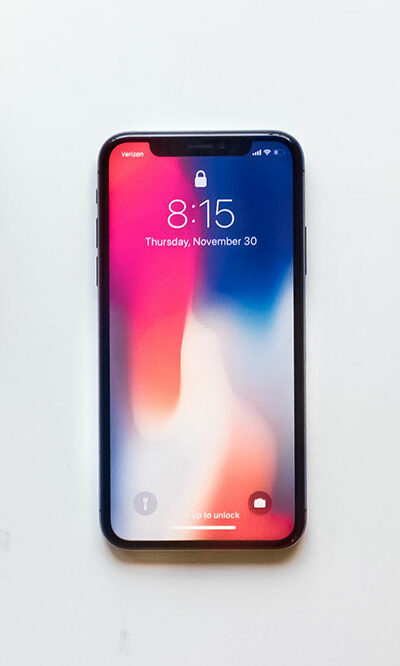Prurigo nodularis – Foods to avoid, and management options

Prurigo nodularis is a skin disease characterized by itchiness, bumps, and rashes. People with this condition experience burning, temperature variations, and stinging on these skin bumps. While individuals may feel itchy on the bumps, they should refrain from scratching them and opt for available treatment for this condition. Similarly, eating certain foods can aggravate prurigo nodularis symptoms in individuals. Here are some avoidable foods and effective treatment avenues for prurigo nodularis:
Avoidable foods
Eating right has been scientifically proven to reduce the severity of prurigo nodularis symptoms. On the flip side, here are some foods that can worsen this condition in individuals:
Pork and beef
Red meat contains large amounts of arachidonic acid, which exacerbates inflammation in its consumers. Additionally, this chemical compound increases skin pain by exciting an individual’s peripheral somatosensory system. Pork and beef are some of the well-known and widely consumed varieties of red meat in the market. Hence, one must avoid consuming these to keep prurigo nodularis flare-ups at bay.
White rice
Refined carbohydrates, like red meat, increase inflammation in the body. As a result, foods containing such carbohydrates, including white rice and pasta, are among the foods to avoid for people with prurigo nodularis.
Similarly, sweet baked foods such as cakes and beverages with artificial sweeteners, such as soft drinks and aerated sodas, must be avoided altogether.
Effective treatment alternatives
While prurigo nodularis does not have a cure per se, the following therapies can treat its symptoms pretty effectively:
Salt bath
Saltwater has several antibacterial effects that are beneficial for one’s skin. Additionally, salt water helps eliminate accumulated lactic acid when it seeps under the skin. This dries out sores and reduces infection in individuals. Therefore, a bath in sea salt is recommended for people with prurigo nodularis.
Phototherapy
Phototherapy, or exposure to UV radiation, helps reduce the itchiness in a person’s skin.







